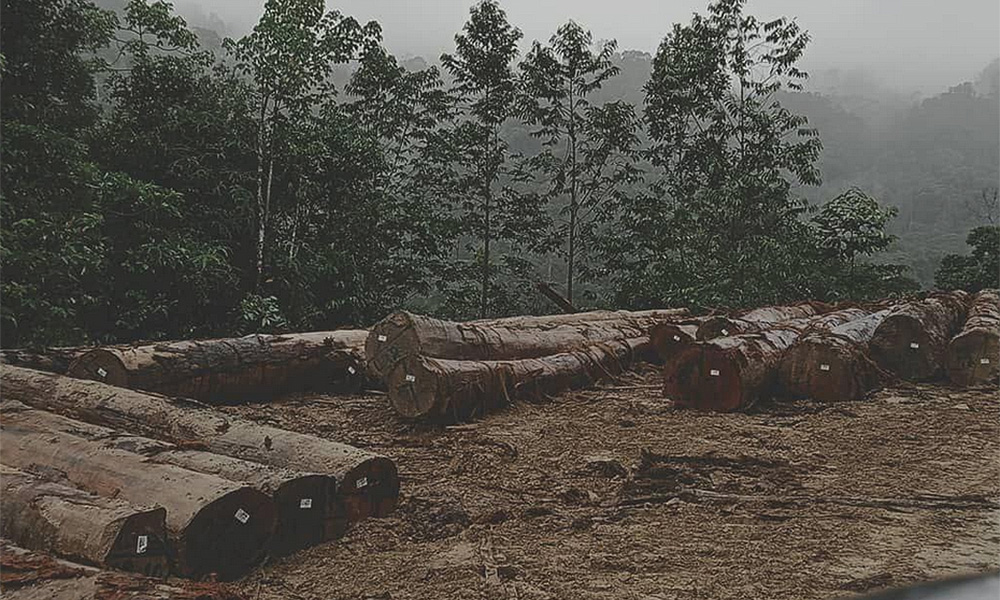LETTER | Logging activities in Ulu Baram will have devastating environmental consequences and severely impact the surrounding indigenous communities.
In response to the recent statements made by Telang Usan assemblyperson Dennis Ngau, who claimed that logging posed no threat to the indigenous community in Baram, we emphasise that such claims are unfounded.
Logging has significantly altered the environmental balance of the virgin forest and led to damage to the waterways, causing siltation, landslides, and flooding.
Currently, an Environmental Impact Assessment (EIA) report is not mandatory for clearing virgin forests in Sarawak and is only necessary for re-entry.
The requirement and process for an EIA report should be standardised for all logging activities in Peninsular Malaysia, Sabah and Sarawak, with mandatory public participation as is the norm in Peninsular Malaysia.
Additionally, the absence of an EIA report also raises questions about whether communities in the area were consulted and if a Free Prior and Informed Consent (FPIC) process was undertaken as part of the public participation process for activities in their area.

The FPIC process allows indigenous communities to give or withhold consent to a project that may affect them or their areas.
The lack of both the EIA and FPIC process raises doubts over the comments made by Ngau on communities welcoming the logging activities.
Local communities are the eyes and ears of the locality, providing insights necessary to ensure the ecological balance and the social and cultural landscape remain protected at all costs.
Additionally, as inhabitants of the area, it is imperative that they understand the impact and the consequences of the project with free access to transparent information.
Disasters brought on by human activity - land clearing and logging have plagued the country in the form of various natural disasters.
It is time for Malaysia to adopt standard legislation concerning forest protection to meet the nation’s pledge during the Rio Earth Summit 1992 to maintain at least 50 percent of its natural forest cover.
In light of the recent floods - Biodiversity, Environment, Agroecology, Climate Change and Habitat of the CSO Platform for Reform (B.E.A.CC.H.) conducted a pilot study on flood impact and community perceptions in Lower Baram, Sarawak.

Baram district was used as a case study for riverine conservation. It was aimed at developing a framework supporting and providing remedial action for the affected communities and the riverine areas.
Based on the study, it is recommended that:
Communities living along the riverine develop a flood-ready attitude and preparedness. Capacity building such as these would ultimately empower the inhabitants with the necessary skills and knowledge on support resources, helping them build resilience in the face of a disaster.
Government agencies involve local communities in developing disaster management policies and programmes. The incorporation of local knowledge and perspective facilitates a better understanding of contributing factors in the respective region and enables authorities to gain grounded insights for effective mitigation strategies.
These recommendations require serious consideration and implementation as a step towards the necessary progress to protect native rights and the nation's rich virgin forests.
The views expressed here are those of the author/contributor and do not necessarily represent the views of Malaysiakini.

